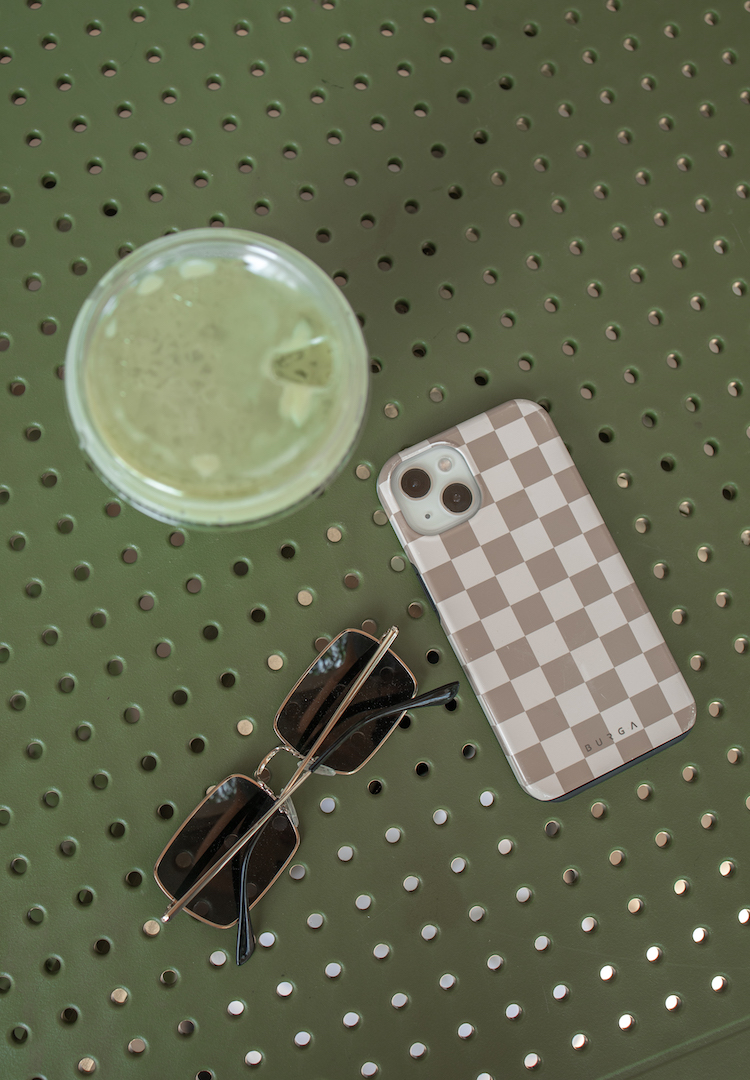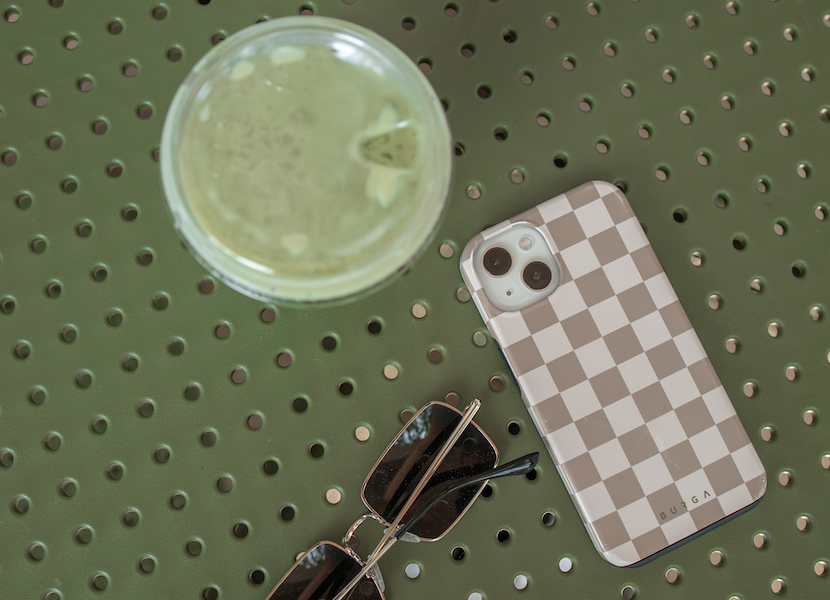Spending time on my little screen: How mindless scrolling is affecting your attention span
WORDS BY JULIA KITTELTY
Combatting scrolling-induced brain rot.
It seems like I can’t do anything without my phone these days. I hate to play into the stereotype of the technologically addicted Gen Z, but it’s true – I love to scroll. Instagram, TikTok, Pinterest and when I’m really bored, even Facebook (tragic, I know).
It’s the first thing I do when I wake up, the last thing I do before I go to sleep and often it’s what I do during the day if I get a second of spare time. I even scroll while I’m watching TV, because what if I need to Google where I’ve seen that actor before?
Interested to hear how others navigate the world? Head to our Life section.
Sometimes, it’s great. The algorithm knows me, almost too well. I learn new information, find scarily specific recommendations for books and music, watch thirst edits (no, I’m not too embarrassed to admit it), not to mention the endless outfit inspiration. But sometimes, none of that happens. I just get sucked into a black hole of internet anxiety instead.
It often feels like my life is being interrupted because I need to check my TikTok notifications. I’ll be reading an excellent book and suddenly get the urge to open up Instagram (because what if Billie Eilish has posted a story!?).
After seeing one too many TikToks about ADHD, internet brain rot and dwindling attention spans, I decided to look into it. I spoke to clinical psychologist Dr Rebecca Ray about what all this scrolling is doing to our brains, and if there’s anything we can do to fix it.
Why do we love to scroll so much?
“Short-form content like TikTok videos can impact the brain by triggering dopamine release, leading to quick bursts of pleasure and engagement,” Dr Ray tells me. So when I see a brilliantly nostalgic video about someone’s Tumblr phase they had when they were 14, I get a hit of dopamine that makes me want to keep scrolling and looking for the next pleasure-inducing video.
What is scrolling paralysis?
Sometimes I feel literally paralysed by my phone. I often find myself needing to leave the house, stuck on the couch watching my favourite TikTok creator talk about Taylor Swift (yes, this is a real example). “Scrolling paralysis occurs due to a combination of factors, such as the dopamine-driven reward system, fear of missing out and habit formation,” explains Dr Ray.
So in order to avoid missing out on the internet, I forgo things that are happening in my real life; that makes total, logical sense. “The constant novelty and infinite scroll features of social media platforms can also reinforce this behaviour,” Dr Ray says. It sounds like a tricky cycle to break.
The multiple-screen effect
I ask Dr Ray why I feel the need to look at my phone while I’m doing other activities, like watching TV or working on my laptop. “Having two screens available provides a sense of multitasking and stimulation, fulfilling the brain’s craving for novelty and preventing boredom,” she tells me.
So when I’m on my phone, there’s an illusion of productivity, kind of like buying new stationery instead of actually writing my university assignment. It feels like I’m doing the work, but in reality, as Dr Ray reminds me, my attention is divided, and my productivity is poor.
How can we avoid mindless scrolling, as well as reduce its effects?
Although it would probably be effective, deleting every app off my phone seems a little dramatic. Dr Ray instead highlights the importance of establishing healthy boundaries with your phone. She recommends designated screen-free times, setting app usage limits and engaging in activities that require sustained focus.
“Finding alternative activities that fulfil similar needs for connection and entertainment can also help,” she says. So when I’m waiting at the tram stop, instead of pulling out my phone I can make a conscious effort to read a few pages of my book. Or perhaps when I’m watching TV I can put my phone in another room so I can give the series I’m bingeing my full focus.
It’s not all bad
Dr Ray assures me that despite the bad press, social media and short-form content do have some psychological benefits. “They can provide a sense of community, self-expression and creativity, as well as serve as a source of entertainment and inspiration,” she shares. Like everything in life, it’s just about moderation, something you can achieve by changing the way you’re using your phone.
For more on social media and scrolling habits head here.













